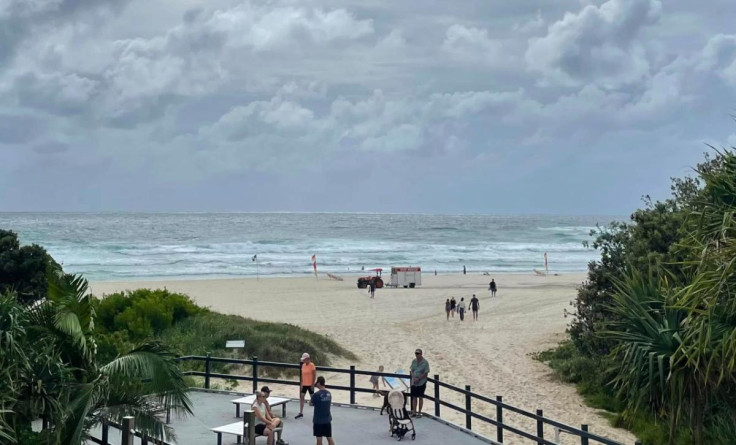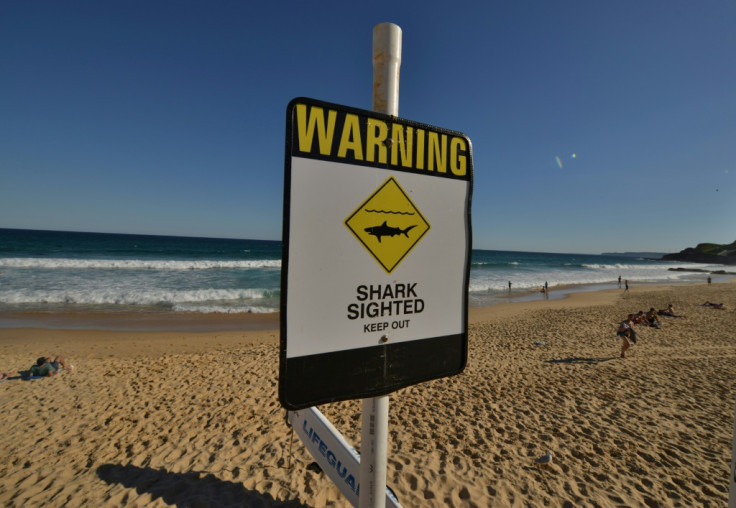Are Sharks a Problem in Australia? Cabarita Beach Locals in Shock After 7ft Shark Mauls Teen Swimmer
Experts warn shark encounters are rising due to climate change, migration shifts, and human activity

A shark attack on a 16-year-old boy at Cabarita Beach in northern New South Wales has reignited concerns over marine safety along Australia's east coast.
The incident occurred on Sunday afternoon near Norries Headland, a popular surf spot just south of the Queensland border. The teenage surfer sustained serious injuries to his arm and leg and was airlifted to hospital in a serious but stable condition.
Shark Lingers Near Shore as Rescue Unfolds
Witnesses described chaotic scenes as fellow surfers rushed to his aid, pulling him from the water and using surfboard leg ropes and towels to improvise tourniquets to stem the bleeding. Further reports from witnesses say the shark, believed to be a Great White measuring around two metres in length, lingered close to shore even after the rescue began. Several onlookers said the animal appeared to shadow rescuers as they brought the victim back to the beach before eventually swimming away.
In response, authorities closed Cabarita Beach for 24 hours as a precaution. Aerial patrols and water-based teams were deployed to monitor the area for any signs of ongoing shark activity.

Experts Note Changing Shark Behaviour
Marine scientists have noted that shark encounters along Australia's east coast appear to be increasing both in frequency and severity. Factors cited include warming sea temperatures, shifting migration patterns, and growing human activity in coastal waters.
Professor Eric Clua, a marine ecologist at Paris Sciences et Lettres University, warned that social media behaviour may also be playing a role. He noted that people attempting to film or engage with sharks for online content could be putting themselves and others at risk.
Although fatal shark attacks remain statistically rare on a global scale, Australia consistently records one of the highest numbers of serious incidents each year.
Professor Clua emphasised that unprovoked shark attacks are still infrequent, with fewer than ten fatal cases worldwide annually. However, he called for stronger public awareness regarding how human actions can inadvertently increase the risk of encounters.
Debate Over Safety Measures
Following the Cabarita incident, local officials reinforced existing safety protocols. New South Wales authorities have previously installed SMART drum lines along parts of the coastline. These devices are designed to catch, tag and relocate sharks rather than kill them, in an effort to protect both swimmers and marine wildlife.
Some community members and environmental groups continue to debate the effectiveness of drum lines compared with other deterrents such as shark nets, underwater barriers or wearable electronic devices that emit pulses to repel sharks.
Beachgoers are also urged to take personal precautions, such as avoiding swimming at dawn or dusk, steering clear of areas with schooling fish and refraining from wearing reflective jewellery in the water.
As authorities review safety protocols and scientists call for greater public education, the Cabarita Beach incident highlights the ongoing challenge of balancing marine conservation with swimmer protection. With coastal communities increasingly aware of changing shark behaviour, experts say collaborative efforts between government, researchers and the public will be essential in reducing future risks while safeguarding vulnerable marine species.
© Copyright IBTimes 2025. All rights reserved.





















